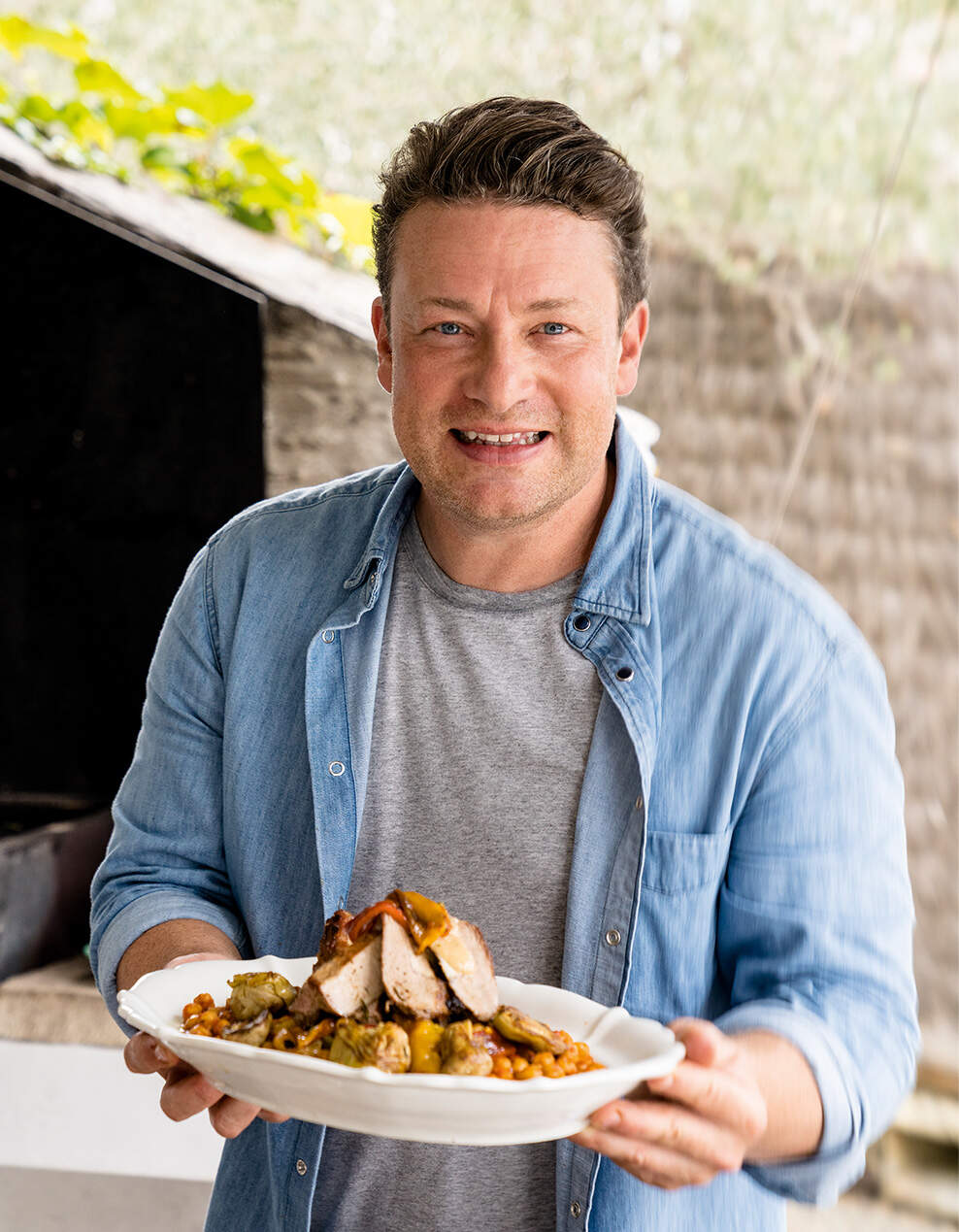
Equinom already boasts ‘industry’s first’ non-GMO pea protein ingredient with a protein content of 70%. The ingredient is ready for commercialisation.
Today (21 June), the Israeli seed developer is announcing it has beaten its previous record of 70% protein, and with a pea protein ingredient containing 75%.
This discovery represents a ‘game changer’ for plant-based food makers, according to the company.
“We’re proud of this significant achievement with our pea protein and are truly excited by the possibilities our innovative approach can unlock for food companies and consumers of plant-based foods,” said Sigal Meirovitch, Senior Director of Protein Research & Development at Equinom.
“As the need for heavy processing of pea protein is a major bottleneck for the sustainability and affordability of plant-based foods, we see this scientific discovery as a real game changer for the industry.”
Leveraging GMO-free cross-breeding techniques
Equinom works across yellow pea, soybean, and sesame seeds. It also has other crops in development, including chickpeas, mung beans, cowpeas, and fava beans.
According to the seed developer, yellow pea is the fastest-growing source of protein for plant-based meat alternatives.
The global yellow pea market is expected to rise at a CAGR of 6.1% between 2020 and 2030, as reported by Future Market Insights. The market research firm believes popularity is rising due to the pea’s health benefits and nutritional properties, which sees it increasingly used in consumed foods from baker to confectionery, ice creams, sauces, soups and snacks.
Equinom is working to bring ‘exceptionally’ high protein content and other traits to its yellow pea ingredient by using non-GMO cross-breeding techniques.
The company’s Manna technology platform does just that: identifies desirable trains for food applications in the genetic structure of seeds and predicts the best cross-breeding matches to yield better varieties.
“Given the exceptionally high protein content and other traits bred into the source crops, Equinom Pea Protein (EPP) uniquely delivers the most desirable qualities of both pea protein isolates (generally used in food applications) and pea protein concentrates (generally suitable for pet food and fillers),” noted the firm.
EPP offers food functionality such as emulsification, foaming and gelation of a pea protein isolate but with the high solubility and light colour of a concentrate, noted the firm. Further, EPP includes high fibre and ‘significantly’ less sodium than other commercially available pea protein isolates.
An ‘industry first’
Based on current market research and publicly available information, Equinom claims there is ‘no other pea protein’ on the market today that has reached a 75% protein content without the use of chemical processing.
Essentially, until now, the company claims commercially available pea protein isolates have relied on wet-fractionation – a type of processing that uses chemicals, water and energy to extract the protein.
To develop Equinom’s 75% protein ingredient, the company used its high-protein yellow pea variety, which using cross-bred techniques alone, achieved a protein content of up to 35%. Standard yellow peas have a protein content range of 21-25%.
“The high protein content, unique structure and biochemical composition bred into the Equinom peas resulted in higher protein separation efficiency, protein yield and protein purity,” noted the seed developer.
By leveraging Equinom’s high protein pea variety, the company was able to deliver 75% protein content with 14% yield in its ‘minimally processed’ pea protein ingredient. To offer a comparison, a commercially available pea variety with 22.4% protein content enabled a protein ingredient with just 57.7% protein at a 9.25% protein yield.
Equinom admits the 14% yield associated with 75% protein is ‘below efficiency targets’.
“We succeeded in increasing the protein purity by 50% while decreasing the yield by approximately 25%,” explained Meirovitch.
“At 14% yield, costs of production become significantly higher and it may not be an attractive option for all processors. But we’re excited to continue iterating and are encouraged by the results of this exploratory ingredient, and the possibilities it can unlock for food companies and consumers of plant-based foods.”
Commercialisation plans
Equinom plans to continue to optimise on the breeding and milling of its EPP ingredients, with the hope of creating a commercially scalable version that offers 75% protein content in the future.
“We are confident that we can get there,” Meirovitch told FoodNavigator.
Of course, in the meantime, its existing EPP ingredients are on the market, delivering between 65-72% protein content with minimal processing.
“Our studies show that a protein level higher than 65% unlocks new functionalities that enable better applications for both alt meat, alt dairy and dry food categories, so it’s still a ground-breaking ingredient.
“It offers the most desirable qualities of both pea protein isolates and pea protein concentrates – such as high solubility, high fibre and significantly less sodium, but with the lower production costs and sustainability benefits that come with minimal processing.”
Although based in Israel, Equinom is targeting the global market. US and Canadian markets are ‘definitely’ priorities for the company, Meirovitch told us, but she sees a lot of opportunity ‘sprouting’ in Europe and Asia.
As it stands, US and Canadian markets are ‘definitely’ priorities for the Israeli-based company, but Meirovitch told us he sees a lot of opportunity ‘sprouting’ in Europe and Asia.
Record 75% protein content achieved in 'minimally processed' pea protein - FoodNavigator.com
Read More

No comments:
Post a Comment